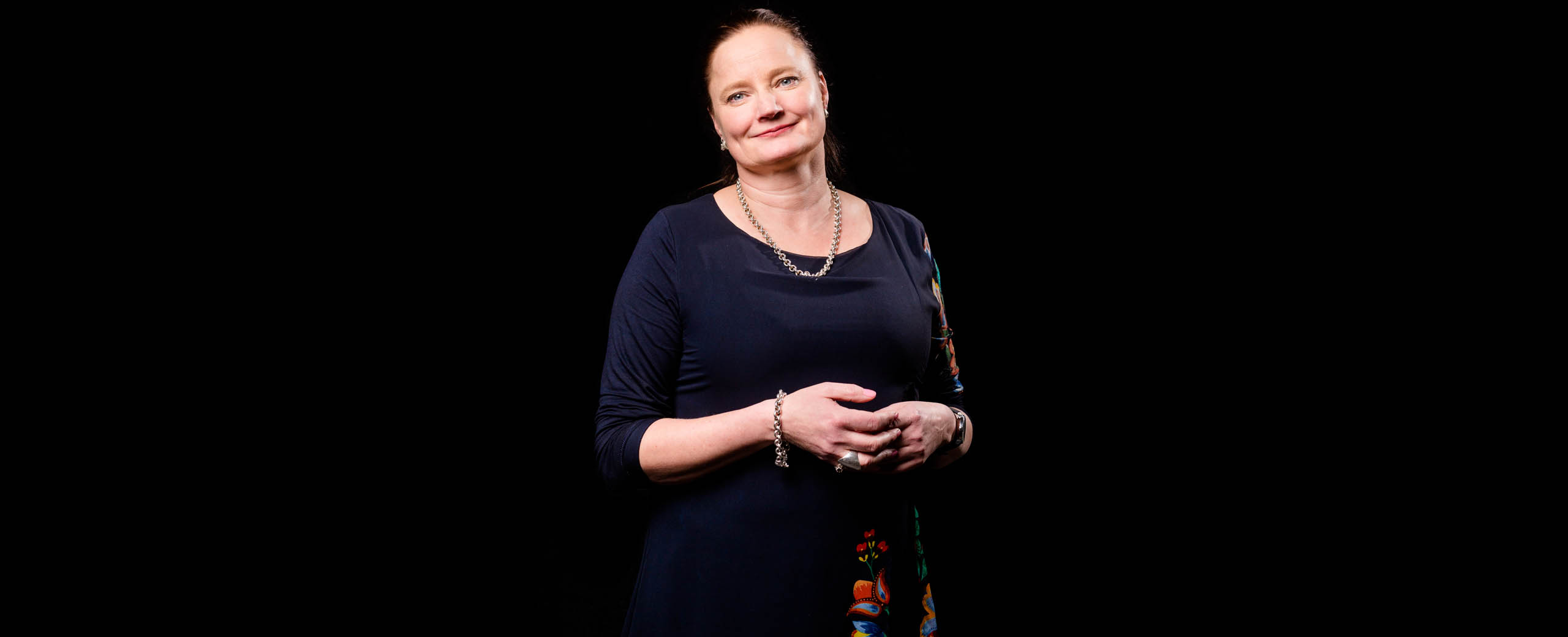It has been nearly three years since the start of Sitra’s fair data economy project. The project has several “sister projects” around the world.
What all of the projects have in common is that they are seeking a fair alternative to the data economy that has so far been dominated by platform giants. The common option aims for the transparent use of personal data that safeguards the rights of the individual.
The boldest visionaries, such as Jaron Lanier in his book “Who Owns the Future?”, envision a future in which the experts who teach artificial intelligence algorithms receive compensation for their insight every time it is used by algorithms for commercial purposes.
The fair data economy gives the individual a voice
Several examples of a personal data economy, in which consumers are directly the data producers and administrators, already exist.
One example aims to strengthen consumer protection by extending it to include data, too. It builds a reliable certification system for technology that helps to identify the technologies that sufficiently ensure the protection of privacy.
Several examples of a personal data economy, in which consumers are directly the data producers and administrators, already exist.
Our experiences, new studies and similar initiatives around us bear witness to a kind of movement that links together conscious individuals and companies who responsibly use personal data, and investors looking for new ethical options.
Consequently, companies must realise that data can no longer be overlooked on their corporate social responsibility agenda.
Data sharing and new business models require testing
In many ways Sitra’s IHAN fair data economy project resembles a giant, pan-European corporate responsibility project in which social responsibilities are conjoined with legal and ethical responsibilities, and with financial responsibilities set by shareholders.
The challenge is that unlike in traditional ecosystems with siloed data management models, the control of data in fair data ecosystems is decentralized. All companies in the ecosystems also have their own, competing business models and their own, strictly guarded data reservoirs.
Sharing data and using it to create new services through business innovation requires breaking away from the old way of thinking and developing and testing new business models, and, first and foremost, building concrete examples of trust-based services.
What trust is founded upon varies in different societies and is often dependent on the situation. However, it also includes common permanent elements. Corporate responsibility consists of different factors, one of which is related to fair and just practices (source: ISO 26000-2010).

















Recommended
Have some more.